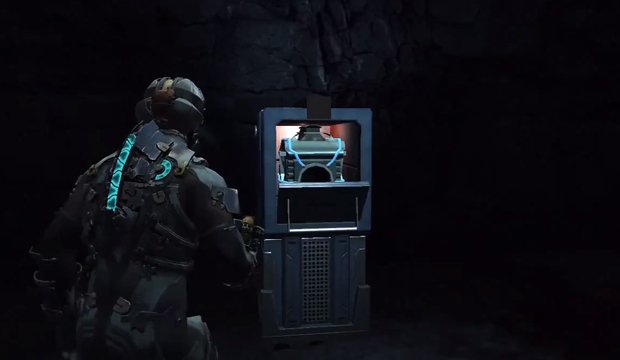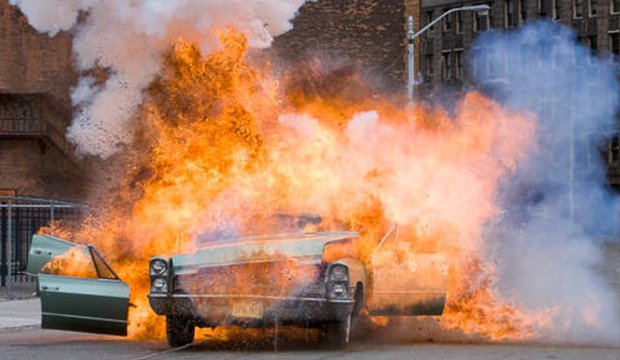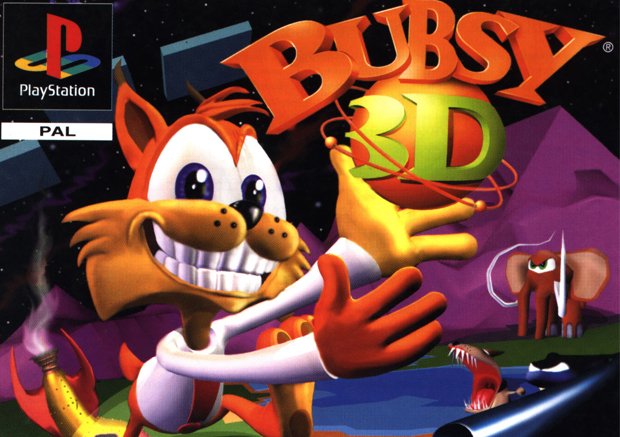Good glitches, bad glitches, and why patches are really the gamer's enemy
And why we're part of the problem
Game-breaking glitch = faulty product
It’s genuinely that simple. If a game isn’t playable or completable due to a glitch, then as far as I’m concerned it’s a product not fit for purpose. Obviously we’re looking at a sliding scale here. If a problem can be fixed with a reasonable amount of customer effort – a reboot or a reversion to a previous checkpoint is fine, for instance – then it’s not an issue. If a glitch is persistent however – like my Dead Space 2 nemesis, which results in the refusal to spawn a key puzzle item, and won’t go away via reboots, reloads, uninstalls, reinstalls or crying – then we hit a serious problem.

Above: That thing coming out of that box? It doesn't come out of that box any more
Yes, you could well, and probably will, suggest that I could have remedied my situation by making a new back-up save file for every chapter in the game as I went along. And I could have. But I shouldn’t have to. I shouldn’t have to sacrifice extra time and hard-drive space – however small in either case – as a safety net just in case there’s something fundamentally wrong with a fundamentally important part of a game. Just like a new car owner shouldn’t have to drive around with a spare exhaust pipe and steering wheel in the boot just in case the ones provided fall off.
Yes, people carry spare tyres for a reason, but we’re back to that sliding scale again. A puncture repair or a console reboot are covered under the reasonable customer effort I was talking about. A collapsing gearbox or a forced ten-hour replay are not. I don’t know how you feel about it, but personally I feel that at that point it falls to developer responsibility to sort it out, just as the car manufacturer should be culpable if a significant number of their autos start exploding on the way out of the showroom.

Above: Be fine, just wait 'til they patch it
Yes, it requires more time, money and effort to fix these things, but if a problem is documented enough times, then it’s part of your job as a person who puts out playable, functional pieces of software to make that fix. And with online patches as much a part of modern console gaming as analogue sticks and mouthy FPS 10-year-olds, that really shouldn’t be a problem. But ironically, here’s where we run into another problem…
The patching system is bad for games. No, really
You see in a way, it occurs to me that online patching is actually one of the worst things to happen to the reliability of console gaming. You see before developers had this get-out-of-jail-free card, a buggy game was just a buggy game.
Sign up to the GamesRadar+ Newsletter
Weekly digests, tales from the communities you love, and more
“But Dave!”, you no doubt cry, “Surely being saddled with buggy, defective software with no hope of a fix is a bad thing?” And yes it is. But a glitchy game with no hope of redemption is also one that comes with no caveats or excuses. Before we had online console patching, a review of a messy game would kick said messy game’s messy face off, lambasting it as a failure and providing no scope for recommendation. The game would get a bad name and be forced to wear that bad name unquestionably. And its developers would have to do better next time.

Above: Or maybe not
Now though, it seems that appraisals of glitchy games all too often come apologetically. “This game might be a stinking dog, but some of these things can be fixed with a patch”, we hear. “Okay, there are definite playability issues, but the potential is there, and hopefully the creases will be ironed out post-release”.
And thus we give shaky productions a warmer reception than we used to. We’re more willing to look past development failings and part with the money anyway because, “Hey, they’ll probably fix it”. But they don’t always. Don’t get me wrong, I genuinely don’t believe that the vast majority of developers want to put a bad game out. That’s years of their effort and creative skills in that box, and that’s their name right there on the cover. No self-respecting dev wants to let him or herself down.
Above: Even Big Rigs' devs were decent enough people to put out a patch. Not that it helped...
But with new projects always on the go, the pressure of deadlines always present, and the hopeful, cash-ready gamer’s faith in patches providing somewhat more leeway when it comes to letting code out of the door, I can understand how easy it might be to let things slide. And then slide and then slide and then slide, until the next big project is announced and the majority of the public’s attention diverts from the previous game.
An unfinishable SNES game was an unfinishable SNES game. It would take a review-kicking, and gamers would steer clear. An unfinishable Xbox 360 game, however, is a game that comes with an imagined silver lining viewed through rose-tinted glasses and covered with a veil of hope. And we all, gamer, journalist and developer alike, do ourselves a disservice by leaning on that crumbly wall of patch-faith. It’s a bit of a shaky, unreliable wall, you see, and prone to letting people fall straight through it and land on their faces if they lean on it too hard.
Above: Or to communicate the metaphor with British comedy...
Yeah, that Dead Space 2 glitch still hasn’t been patched out, despite the multitude of reports from anguished sufferers I’ve found online, despite the fact that the game came out seven months ago. Let’s get it patched, eh Visceral? Then I can get on with finishing your lovely game without having to play nearly the whole thing through again. And while we’re at it, could Eidos Montreal please allow me to complete the Motherly Ties side-mission in Deus Ex, and sort out those rooftop-spawning invisible gang members so that my friend can finish Cloak & Daggers?
Cheers guys. Love you really.
September 06, 2011



